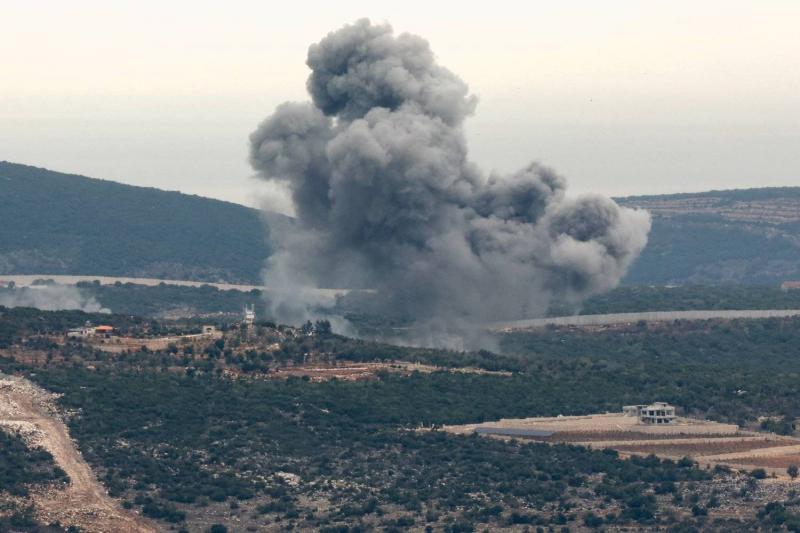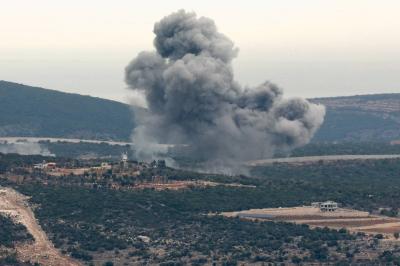Hostilities have been escalating for weeks along the Lebanese-Israeli border, with rising casualties on both sides and a war of words fueling fears of an expanded conflict between Israel and Hezbollah. Since the outbreak of war between its ally Hamas and Israel, Hezbollah has been exchanging fire with Israeli forces. These border clashes are the most intense since the month-long war between Israel and Hezbollah in 2006. The latest skirmishes have resulted in the deaths of over 70 Hezbollah fighters and 10 civilians in Lebanon, while 10 others, including seven soldiers, were killed in Israel. Thousands have been displaced from both sides due to the shelling. Thus far, the violence has largely been confined to a strip of territory on either side of the border.
Israel claims it does not want a war on its northern front while seeking to crush Hamas in Gaza, whereas informed sources indicate that Hezbollah aims to keep Israeli forces preoccupied while avoiding a full-scale war. The United States has expressed that it does not want the conflict to extend and has deployed aircraft carriers to the region to deter Iranian intervention. However, this has not stopped the escalating rhetoric from Hezbollah and Israel. On Saturday, Hezbollah's Secretary-General Hassan Nasrallah stated that the group would "continue to operate" on the front with Israel. He added that there has been a "quantitative escalation in the number of operations and the scale of targets, as well as an upgrade in terms of weaponry."
Israeli Prime Minister Benjamin Netanyahu warned Hezbollah today against expanding its attacks. He stated, "This is playing with fire. Fire will be met with much stronger fire. They should not test us, as we have only shown a small fraction of our strength." When asked at a press conference on Saturday where Israel draws the red line, Israeli Defense Minister Yoav Galant replied, "If you hear that we carried out an attack on Beirut, you will understand that Nasrallah has crossed that line."
In a recent interview with Al Jazeera, Lebanese caretaker Prime Minister Najib Mikati expressed his assurance regarding Hezbollah's "rationality" so far. He added, "We maintain restraint, and Israel must stop its continuous provocations in southern Lebanon." The reconstruction of Lebanon after the 2006 war took years, and the country cannot afford another war following its ongoing financial crisis, which has impoverished many Lebanese and paralyzed the state.
Israel has long considered Hezbollah its biggest threat along its borders. The 2006 war resulted in the deaths of 1,200 people in Lebanon, mostly civilians, and 157 Israelis, mostly soldiers. U.S. Defense Secretary Lloyd Austin described the violence as "an exchange of fire between Lebanese Hezbollah and Israeli forces in the north," and expected Israel to continue focusing on the threat posed by Hezbollah "in the foreseeable future." He told reporters in Seoul, "Certainly no one wants to see another heated conflict erupt in the north on Israel's borders," though he added that it is difficult to predict what may happen.
Mohannad Haj Ali from the Carnegie Middle East Center commented, "I can certainly see a broader escalation, but I am not sure about the outbreak of a full-scale conflict that no one desires." He added, "No one wants that, on the one hand, and I believe that the United States is playing a strong role in keeping things under control."




